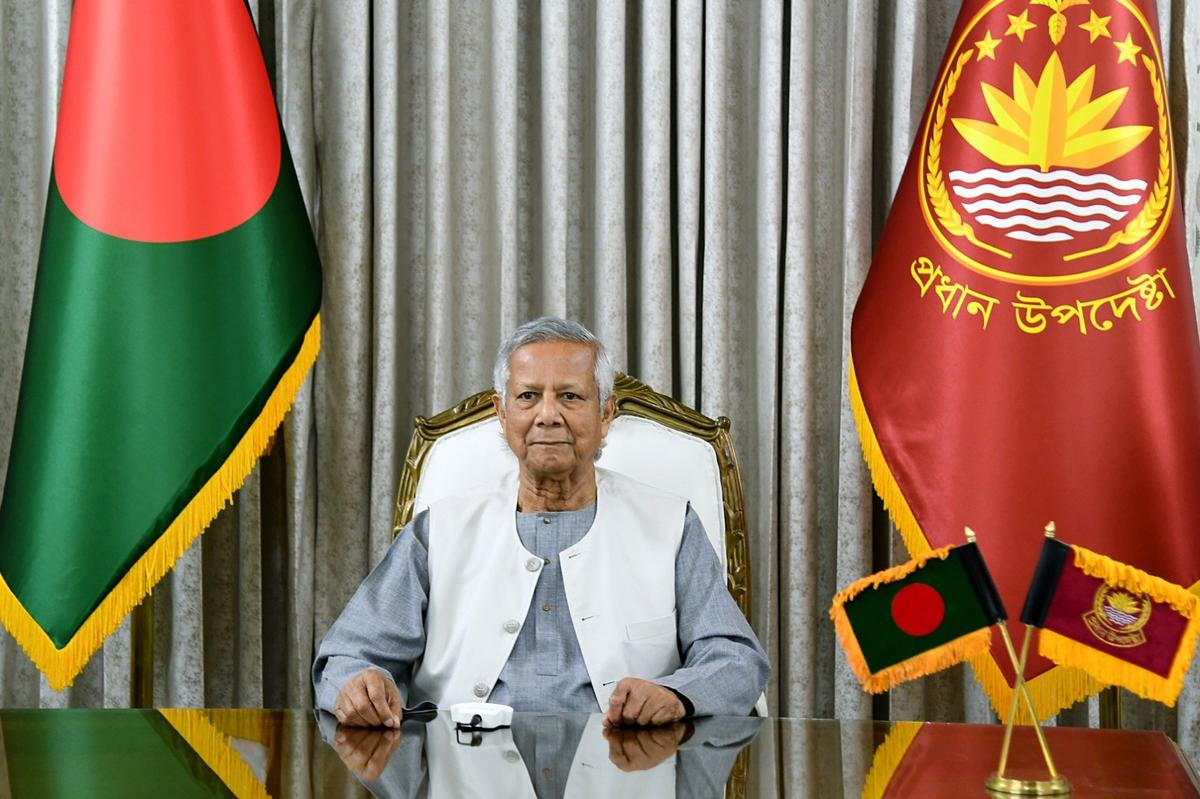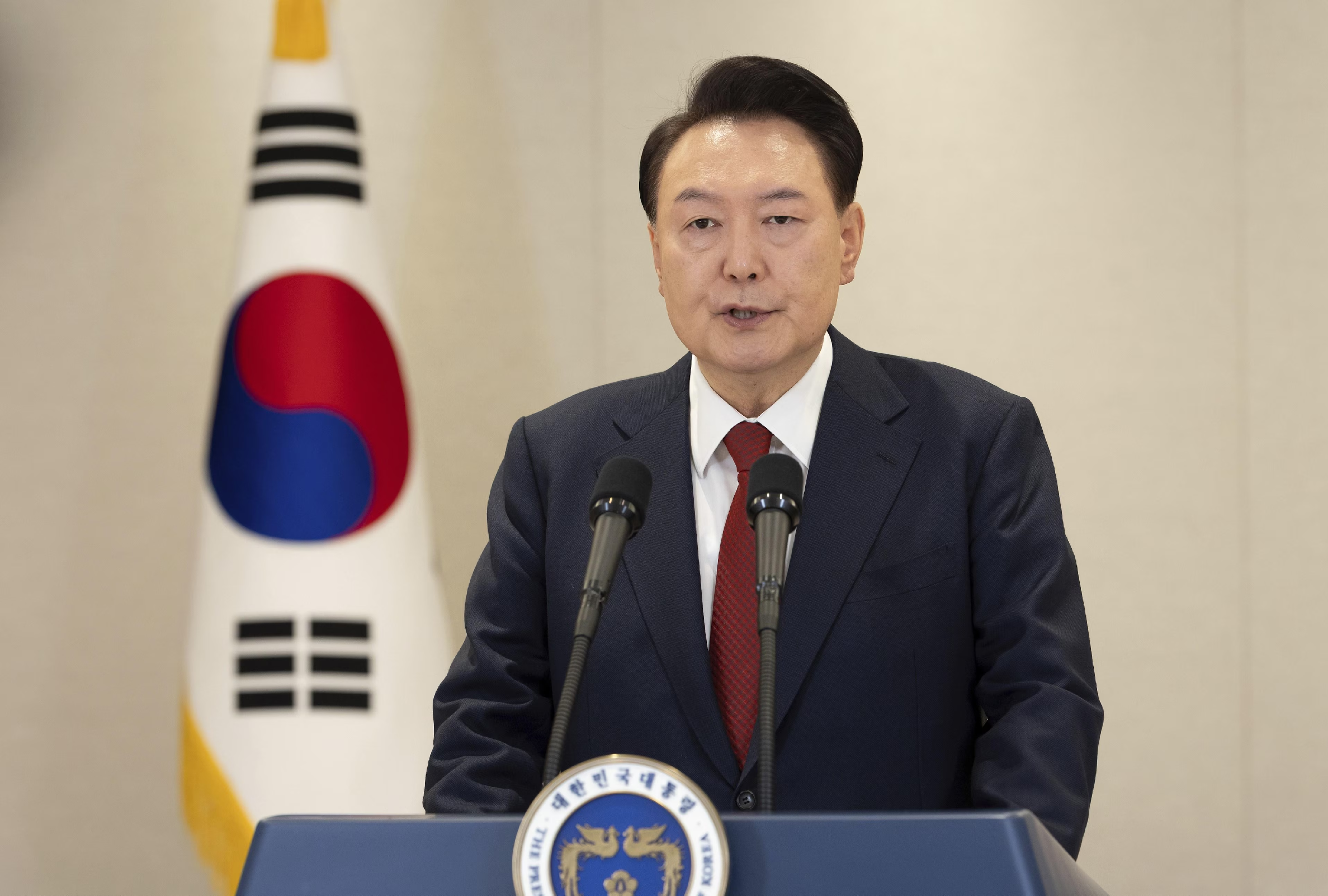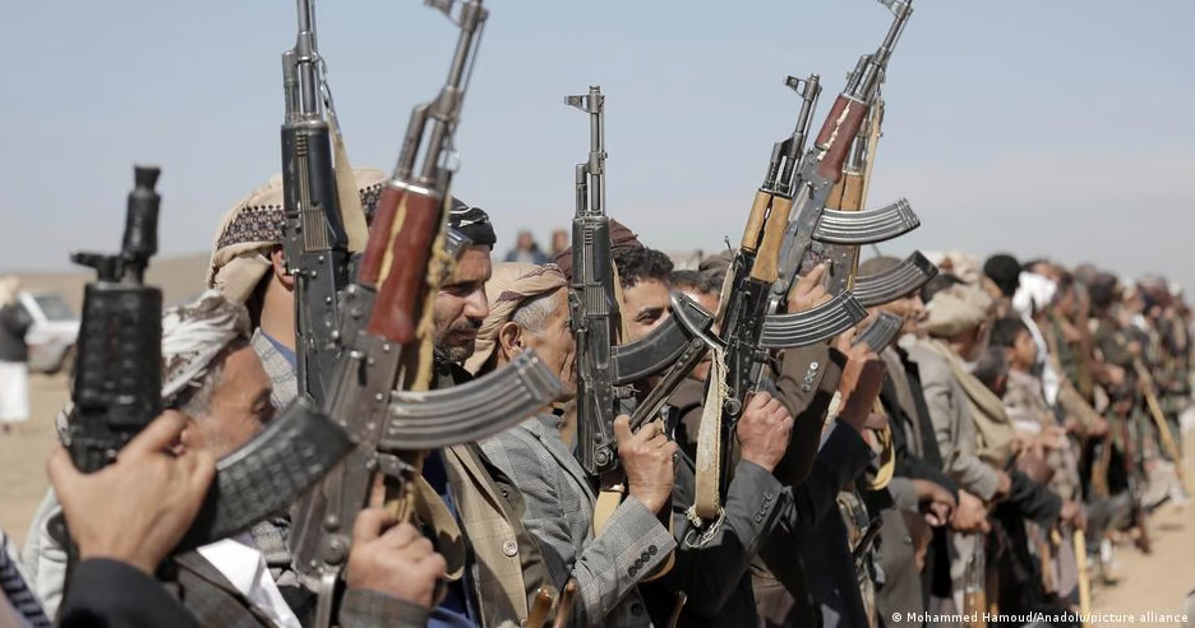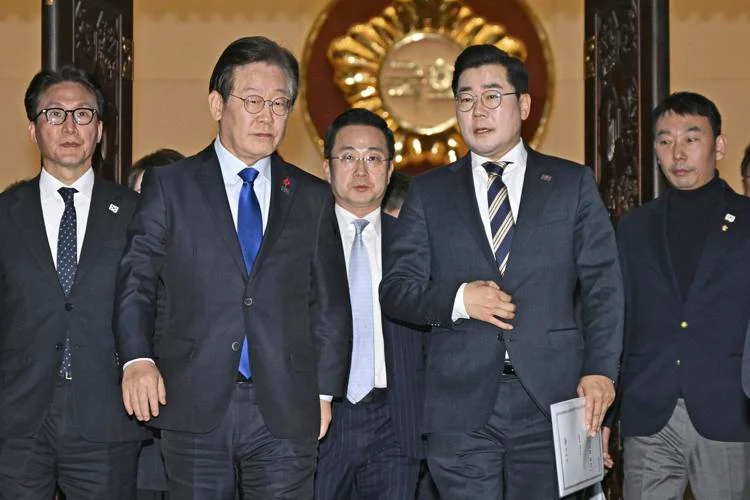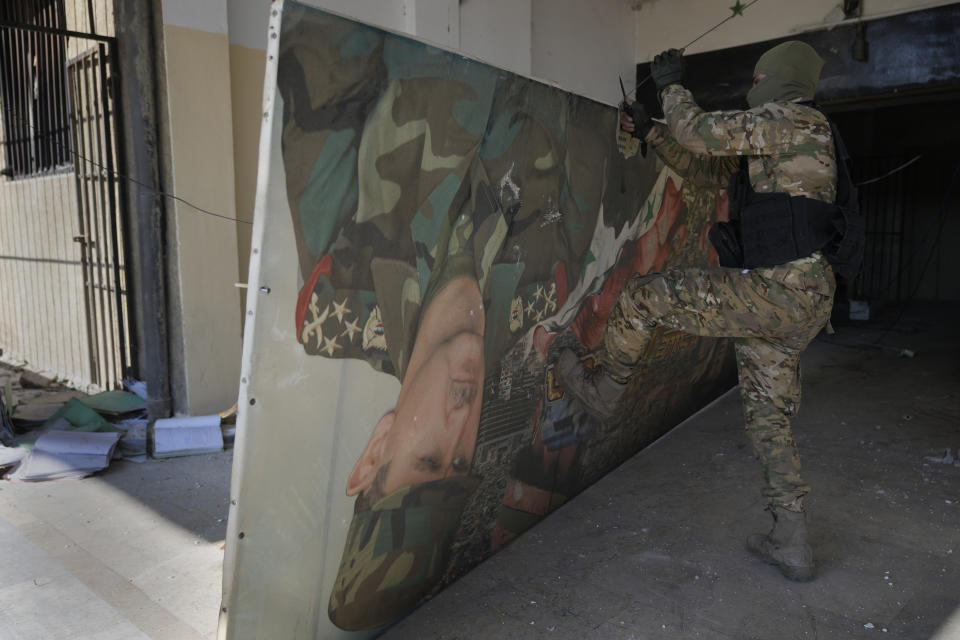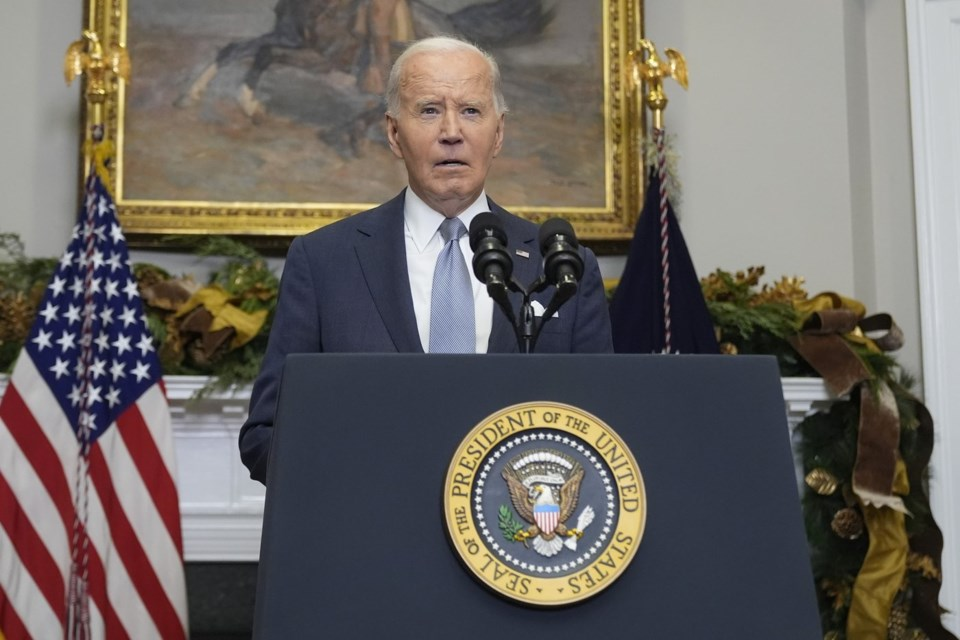
Biden says Assad's fall in Syria may well be 'a moment of risk'
Associated Press Amman: Top diplomats from the United States, the Arab League and Turkey met in Jordan on Saturday to discuss how to assist Syria 's transition after the fall of Bashar Assad's government a week ago. No Syrian representatives attended. The collapse of the Assad family's more than half-century of rule has sparked new fears of instability in a region already shaken by the Israel-Hamas war in Gaza and hostilities between Israel and the Lebanon-based Hezbollah despite a tenuous ceasefire.
US Secretary of State Antony Blinken said American officials have been in direct contact with the Syrian insurgent group that led the overthrow of Assad's government, but the group continues to be designated a foreign terrorist organization by the United States and others. The insurgent leader in an interview with Syrian TV didn't mention contact with the US, but he warned Israel about the hundreds of airstrikes it has carried out in Syria in the past week. The US is also making a renewed push for a ceasefire in Gaza, where the war has plunged more than 2 million Palestinians into a severe humanitarian crisis.
Call for sanctions relief A UN envoy on Sunday called for a quick end to Western sanctions against Syria as the country's new leaders and regional and global powers begin to chart a path forward following the fall of President Bashar Assad. The Syrian government has been under strict sanctions by the United States, the European Union and others for years as a result of Assad's brutal response to what began as peaceful anti-government protests in 2011 and later spiralled into a civil war. The rebel alliance that ousted Assad and broke his iron grip on the country just days ago faces a nation wracked and deeply isolated by tough international sanctions, which compounded Syria's previous economic troubles. But other challenges also complicate Syria's rebuilding: the new transitional leadership has not laid out a clear vision how the country will be governed, and the main group behind the offensive is saddled with a terrorist designation by the US.
The UN envoy to Syria, Geir Pedersen, told reporters in Damascus that setting Syria back on track after the past few tumultuous weeks will be helped by a speedy relief of sanctions. “We can hopefully see a quick end to the sanctions so that we can see really a rallying around building of Syria,” he said. Parts of Syria's biggest cities remain damaged or destroyed by years of fighting. Recon struction has been stymied largely by sanctions that aimed to prevent rebuilding of damaged infrastructure and property in government-held areas in the absence of a political solution.
Pedersen travelled to Damascus to meet with officials from the new interim government set up by the former opposition forces who toppled Assad, led by the Islamic militant group Hayat Tahrir al-Sham, or HTS. Officials in Washington have indicated that the Biden administration is considering removing the group's terror designation. US Secretary of State Antony Blinken said Saturday that officials have been in direct contact with the group. Over the weekend, Blinken attended an emergency meeting in Jordan where he said he secured the backing of the 12 foreign ministers from the Arab League, Turkey and top officials from the European Union and United Nations on how Syria should be run after decades of Assad family rule.
They agreed that the new government should respect the rights of minorities and women, prevent terror groups from taking hold, ensure humanitarian aid reaches those in need, and secure and destroy any remaining Assad-era chemical weapons. Blinken has promised that the United States would recognize and support a new government that met those principles. With the clock on the Biden administration running out, it isn't clear what approach President-elect Donald Trump will take on Syria. Syria's interim government is set to rule until March, but it has not yet made clear the process under which a new permanent administration would replace it. “We need to get the political process underway that is inclusive of all Syrians,” Pedersen said.”That process obviously needs to be led by the Syrians themselves.” He called for”justice and accountability for crimes” committed during the war and for the international community to step up humanitarian aid.
In a sign of Syrians' yearning for a return to normalcy, even after the whirlwind rebel offensive of the past weeks, schools in Damascus reopened Sunday for the first time since the insurgents marched in the capital. At Nahla Zaidan school in the capital's Mezzah neighbourhood, teachers hoisted the three-starred revolutionary flag in place of the former government's two-starred Syrian flag. “Syria is trying to build up this country with these children who came. Although I think some of them are afraid, they came to build Syria and to live the victories of this country,” said Maysoun Al-Ali.
 English daily published in Bengaluru & Doha
English daily published in Bengaluru & Doha

